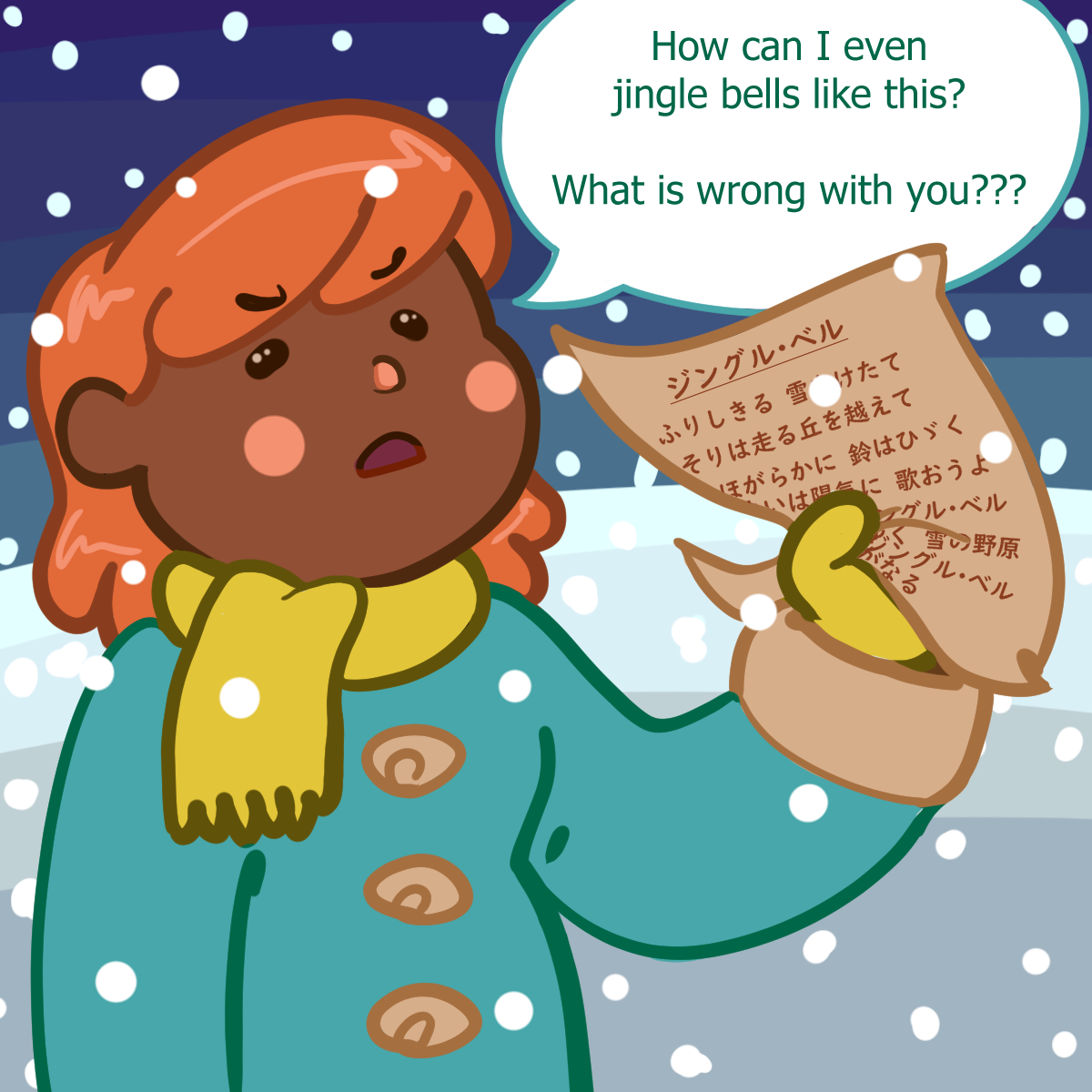The mora: speaking with a beat Speaking with the right rhythm can help your Japanese sound more natural!
This insight was originally published on March 02, 2021, and transferred here later.
The Japanese language has a rhythm to it when you speak it; every language does! If you say a series of words like "when the moon hits your eye like a big pizza pie", each word takes a certain amount of time to pronounce. Learning to tame the timing of your words in Japanese will make your speaking sound more natural. Luckily, every word follows a fixed set of rules that can be easily broken down into simple units of time– and that's a mora!
What even is a mora?
A mora is a unit of time used while pronouncing a word. Some words are made of 1 mora, but all the other ones are made of even mora. Puns aside, each language has their own set of rules for what constitutes as a mora; but all mora are linearly counted. So a word with 2 mora takes twice as long to pronounce as a word with 1 mora; and word with 20 mora would take 20 times the amount of time to pronounce as that same word with 1 mora.
Knowing that, breaking down the language-specific rules for the Japanese mora is even easier! The Japanese mora (モーラ) can be most easily noticed when reading the language through hiragana or katakana text. Each character in those alphabets are actually indicative of 1 mora-- that's it! Pretty cool, right? So モーラ can be broken down in to 3 mora: モ, ー, and ラ.
But what if I can only read romaji, man? Then what???
For those who can't read the kana alphabets like hiragana & katakana yet, there is another easy way to better understand what a mora is. No need to feel left out and completely confused!
Japanese is often called a syllabary language, and although that is only kind-of true, that concept does give a much easier heuristic to understand the mora. Consider the mora akin to a Japanese syllable*. So when you are pronouncing konnichiwa, instead of saying it in a very Americana way like ko-ni-chi-wa, you would pronounce it as ko-n-ni- chi-wa, because each of those sound groupings are an individual Japanese syllable*.

Ioneemno Konichiwa GIF from Ioneemno GIFs
In this case, you'll get the most bang for your buck if you study the sounds & syllables* of the Japanese language. Knowing this will allow you to better speak in a way that is more attuned with the Japanese rhythm. You'll sound much more natural then!
Anyways, that's it. ~Peace out
-
* Japanese "syllables" like
nand the vowels are technically not syllables, at least from a western definition; but just go with it for the sake of the heuristic! - Learn mora about this topic!

